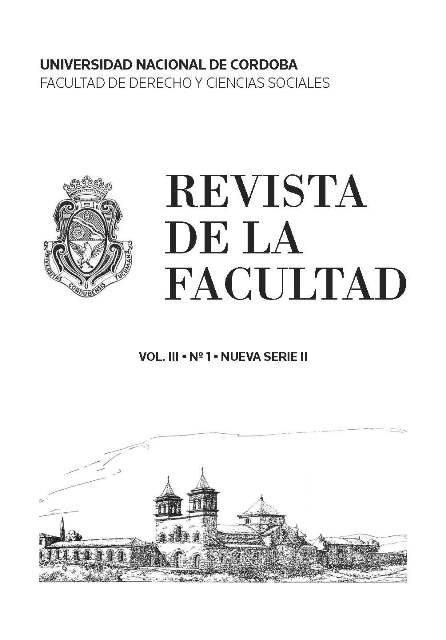Construction of the labour law. Regulation of the industrial learning in the first half of the xix century
Keywords:
labour law, 19th century, learning, recruitment of workersAbstract
This research studies the forms that were adopted by industrial learning in the city of Buenos Aires in the first half of the 19th century, in the framework of a legislation inspired by the French Model that was trying to shape an industrial working class in the workshops of a city committed to expand its production. Young people used to work under the protection and guidance of the master craftsmen, who assumed their professional training and the wide range of the obligations that were inherent to the role of a pater. These obligations were estab lished by contracts insured under the rubric of notaries or the spontaneous and widespread practice of police registration. In this relation between masters and apprentices interests, we can observe different interests, but these two groups needed each other, so those different interests were merged into the same goal. The system, although it did not meant the development of a significant industrial class, developed because the apprentices became the masters and installed their own workshops.Downloads
Published
2012-04-16
Issue
Section
Doctrine and research
License
La publicación del artículo implica la donación de los derechos de autor a la Facultad de Derecho, conservando el autor su derecho a utilizar el artículo en publicaciones de su autoría o páginas web referidas a su trayectoria. Para el caso de otro tipo de publicaciones, antes de su utilización, deberá obtener autorización de la facultad.
How to Cite
Construction of the labour law. Regulation of the industrial learning in the first half of the xix century. (2012). Revista De La Facultad De Derecho, 3(1). https://revistas.psi.unc.edu.ar/index.php/refade/article/view/5960


